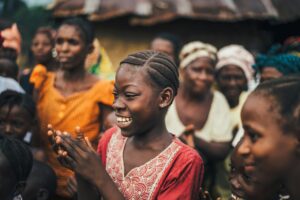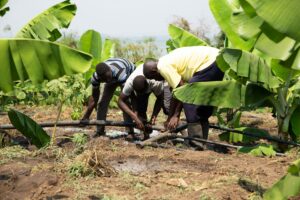Lorem Ipsum is simply dummy text of the printing and typesetting industry. Lorem Ipsum has been the industry’s standard dummy text ever since the 1500s, when an unknown printer took a galley of type and scrambled it to make a type specimen book. It has survived not only five centuries, but also the leap into electronic typesetting, remaining essentially unchanged
- Location and Settlements : The Mbembe people primarily inhabit the Ako Subdivision in the Donga-Mantung Division of the North West Region of Cameroon. Some Mbembe communities also extend into neighboring Nigeria.
- Language : They speak Mbembe, which is part of the Jukunoid group of the Benue-Congo branch of the Niger-Congo language family. The language has several dialects depending on the specific village or clan.
- Cross-Border Ethnicity : The Mbembe are found on both sides of the Cameroon-Nigeria border. This makes them a transnational ethnic group, sharing cultural and linguistic ties across two countries.
- Traditional Leadership : Each Mbembe village is headed by a Fon or chief, who plays a key role in maintaining order, resolving disputes, and leading traditional ceremonies. The Fon is seen as a custodian of the land and tradition.
- Masquerades and Cultural Festivals :The Mbembe are known for their vibrant masquerades, often seen during festivals, funerals, and special rituals. These masquerades are spiritual and social symbols and often represent ancestral spirits.
- Ancestral Worship : The Mbembe people place great importance on ancestor veneration. They believe the spirits of the ancestors guide and protect the living and must be honored through rituals and offerings.
- Farming and Hunting :They are traditionally subsistence farmers growing crops like maize, yams, plantains, and groundnuts. Hunting and fishing are also important economic and cultural activities.
- Marriage and Family :Marriage among the Mbembe involves bride price and family negotiations. Polygamy is practiced, especially among elders and wealthier men. The extended family plays a central role in social life.
- Traditional Religion and Christianity : While many Mbembe people now identify as Christians, traditional religious practices remain strong, often blended with Christian beliefs in daily life.
- Cultural Identity and Preservation : Despite external influences and modernization, the Mbembe people are deeply proud of their cultural heritage and continue to pass traditions, music, language, and oral history to younger generations.




